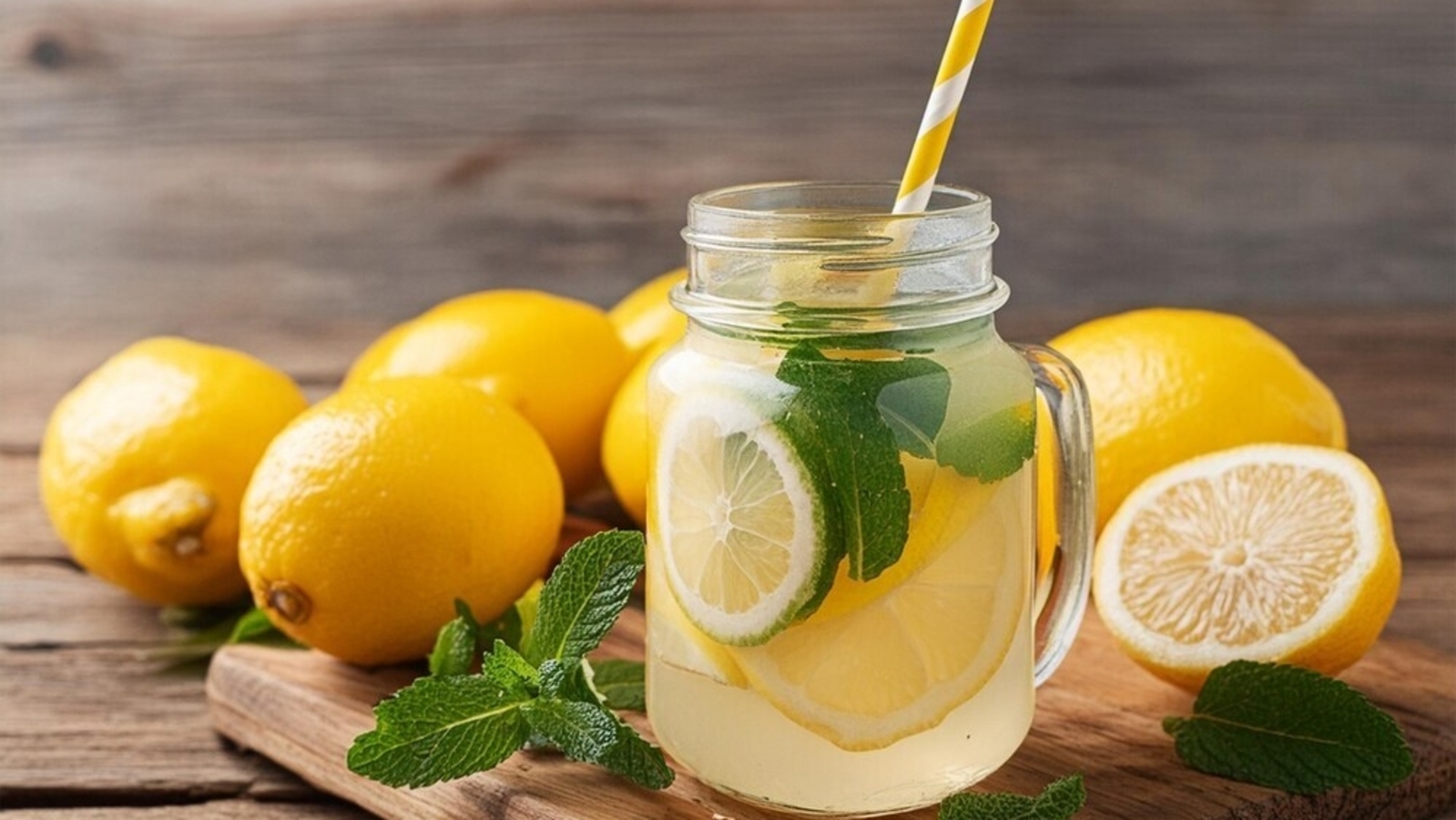Lime juice, a common citrus staple, offers more than just a zesty flavor. It is packed with beneficial compounds, particularly Vitamin C and flavonoid plant compounds. These components are believed to significantly contribute to liver health by supporting crucial functions like detoxification, helping to reduce fat accumulation, and actively protecting liver cells from damage.
According to Dr. Nguyen Hoang Oanh from the Department of Gastroenterology – Hepatology, Pancreatology, and Biliary Medicine at Tam Anh General Hospital in Ho Chi Minh City, lime juice provides numerous health advantages due to its rich antioxidant content, with special benefits for the digestive system and the liver.
Key Benefits of Lime Juice for Liver Health
Consuming lime juice can offer several positive impacts on your liver, working through various biological mechanisms.
1. Supports Liver Detoxification
The liver is the body’s primary detoxification organ. Lime juice can play a supportive role in this vital process. It works by stimulating antioxidant enzymes such as superoxide dismutase (SOD) and catalase. These enzymes are essential for neutralizing free radicals, which are harmful byproducts generated during the body’s natural detoxification processes.
By reducing free radical activity, lime juice helps to alleviate stress on the liver. Furthermore, the high concentration of Vitamin C and flavonoids in limes assists the body in flushing out accumulated toxins. These compounds aid in the elimination of waste products through both bile and urine pathways. A simple practice, such as drinking a glass of diluted lime juice in the morning, is often recommended to enhance this natural detox process, giving your liver a gentle start to the day.
2. Reduces Fat Accumulation
Fatty liver disease is a growing concern globally. Lime juice may offer a natural way to combat this condition. The flavonoids present in lime can help to increase metabolic rate, which in turn encourages the body to burn fat more efficiently. This can indirectly support overall weight management. More directly, lime juice helps to regulate lipid metabolism, the process by which the body breaks down and uses fats.
By optimizing lipid metabolism, lime juice may contribute to reducing the buildup of fat within liver cells, a key factor in preventing or managing fatty liver conditions.
3. Protects Liver Cells from Oxidative Stress
Oxidative stress is a major contributor to liver cell damage, especially in conditions like alcohol-related liver disease. Both Vitamin C and flavonoids are potent antioxidants. They work by neutralizing unstable molecules that cause cellular damage. By minimizing oxidative stress, these compounds provide a protective shield for delicate liver cells, preserving their integrity and function.
Additionally, limonin, a triterpenoid found in limes and other citrus fruits, has been studied for its potential to prevent lipid accumulation, inhibit further oxidative damage, and reduce inflammation within the liver. This multifaceted protection helps to maintain the liver’s overall health and resilience.
4. Improves Liver Enzyme Function
Liver enzymes are indispensable for a multitude of bodily functions. They are crucial for the metabolism of nutrients, the production of bile (which aids in digestion), blood clotting, resistance against infections, and the effective elimination of toxins. When the liver is damaged, the function of these vital enzymes can become impaired, leading to various health issues.
The natural citric acid found in lime juice plays a role in supporting both digestion and detoxification processes. By doing so, it can help stabilize liver enzyme levels and ultimately boost the liver’s overall performance, ensuring these critical functions operate optimally.
5. Aids Digestion and Reduces Liver Workload
Effective digestion is crucial for reducing the burden on your liver. The citric acid in lime stimulates gastric secretions within the stomach, which are essential for breaking down food, particularly fats. When food is properly digested in the stomach, the liver’s workload is significantly reduced, as it doesn’t have to work as hard to process incompletely broken-down nutrients.
Furthermore, lime juice promotes the production of bile. Bile is a digestive fluid produced by the liver that helps emulsify fats, making them easier to absorb. By boosting bile production, lime juice supports the liver’s natural detoxification process through the bile ducts, facilitating the removal of waste from the body.
Important Considerations for Consuming Lime Juice
While lime juice offers numerous benefits, Dr. Oanh advises careful and correct consumption to maximize its positive effects and avoid potential downsides.
Best Time and Preparation
The optimal times to consume lime juice are in the morning or one to two hours after meals. It is crucial to avoid drinking lime juice on an empty stomach, as its acidity can irritate the stomach lining, potentially leading to discomfort or exacerbating existing stomach issues. To reduce the natural sourness of lime juice, a small amount of honey can be added in moderation.
However, it is vital to avoid mixing lime juice with boiling or overly hot water, as high temperatures can destroy its delicate nutrients and diminish its health benefits.
Who Should Exercise Caution?
While generally safe, certain individuals should consult a medical professional before incorporating lime juice into their daily routine. This includes:
- Individuals undergoing liver treatment: It’s essential to determine the appropriate intake that complements their medical regimen.
- People with stomach issues: Those with conditions like gastritis, ulcers, or acid reflux should exercise caution due to the juice’s acidity.
- Individuals with citrus allergies: Allergic reactions can range from mild to severe.
- Those taking medications: Lime juice can potentially interact with certain medications, affecting their absorption or efficacy. Always consult your doctor to ensure no adverse interactions.
It’s also important to remember that lime juice should not replace water as your primary hydration source, nor should it be consumed excessively. Moderation is key to harnessing its health benefits safely and effectively.








